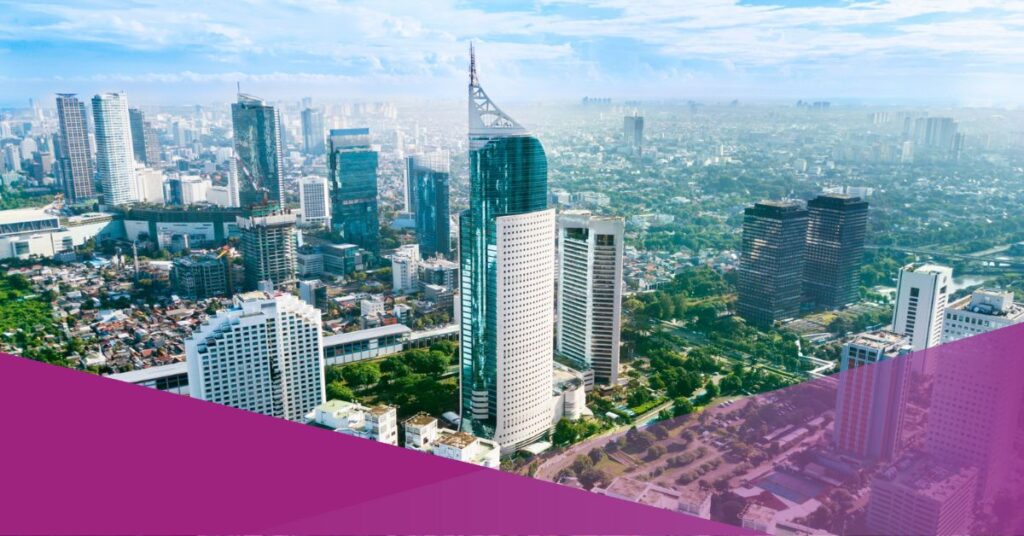Indonesia is one of Southeast Asia’s more affordable destinations for medical care, but quality, cost, and access can vary greatly depending on your location.
In 2025, the country faces a medical inflation rate of 19.4%, one of the highest in the region. A major driver is the ongoing investment by private healthcare providers, who are upgrading their facilities and services to attract both the growing middle class and an expanding international community.
How much will you spend on healthcare?
Knowing when to visit a hospital versus a clinic can make a big difference in managing your medical expenses. For routine needs such as check-ups, minor infections, or dental cleaning, neighbourhood clinics typically offer more affordable and efficient service. Hospitals are best reserved for emergencies, specialist consultations, or advanced diagnostic procedures.
According to data from APRIL International, the average cost for common medical services in Indonesia varies significantly between the public and private sectors. For example:
- Childbirth in a private hospital averages IDR 5.27 million or USD 330.
- An emergency room visit at a private facility costs around IDR 1.76 million or USD 110, compared to IDR 532,000 or USD 33 in the public sector.
- Room and board in a private hospital is roughly IDR 1.8 million or USD 113 per night.
- A private GP consultation costs about IDR 548,000 or USD 34, more than double the IDR 207,000 or USD 13 average in public hospitals.
- An MRI scan in private care is approximately IDR 5.63 million or USD 352.
Where you live plays a major role in medical costs
Where you live in Indonesia has a major impact on the cost and quality of medical care. Jakarta, the capital, has the country’s most developed medical infrastructure, offering a range of international-standard hospitals. However, these facilities are also the most expensive.
Bali also has reputable private hospitals like BIMC and Kasih Ibu, which cater heavily to expats and tourists. Costs in Bali are slightly lower than in Jakarta, but are still considered premium compared to other regions.
In cities like Surabaya or Yogyakarta, you can find quality medical services at more affordable rates. In rural or less-developed areas, access to private care is limited, and patients are typically referred to regional hubs for anything beyond basic treatment.
Key reasons why health insurance in Indonesia is a must
While routine medical care can be affordable, emergencies and complex conditions can result in substantial out-of-pocket expenses. Most private hospitals require payment up front unless you can present a valid Letter of Guarantee (LOG) from your insurer—without it, even urgent treatment may be delayed.
Emergency and hospitalisation costs add up quickly. In serious cases, medical evacuation is often necessary, especially from rural or remote areas where facilities cannot handle trauma, stroke, or cardiac emergencies. An air ambulance to Singapore or Bangkok can be extremely costly.
Specialist care for chronic illnesses, maternity, or mental health is often not fully covered by public schemes. Choosing an international health insurance plan gives you access to a wider hospital network, multilingual support, and continuity of care, whether you stay in Indonesia or relocate again.
Discover APRIL International for your health and well-being
For expats and locals in Indonesia, APRIL International’s MyHEALTH Indonesia offers flexible, worldwide health coverage that includes access to quality medical providers in Indonesia. You can customise your plan to meet both your coverage needs and your budget. Each family member can have their own cover.
Get 10% off selected plans from 1 May 2025 to 30 April 2026. Visit their website to learn more or get a quote.































